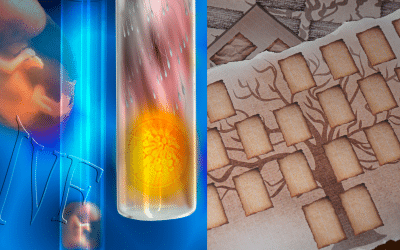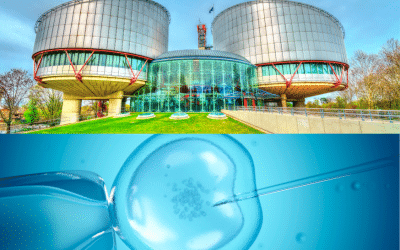Portugal’s president has just vetoed a law authorizing surrogacy on June 7, 2016.
The law modifying the conditions for recourse to medically assisted procreation (MAP) was passed in parliament last May 13th by a slim majority. The new law extends MAP to single women and to lesbian couples, without any stipulations for medical indications. It also allows recourse to surrogate mothers for couples faced with medical infertility due to uterine dysfunction.
Portuguese president, Marcelo Rebelo de Sousa, decreed the law on Tuesday June 7th, but vetoed surrogacy practices, invoking the recommendations set out by the National Council of Ethics for the Life Sciences.
According to Caroline Roux, Director of VITA International:
“The vote by the Portuguese Parliament was in contradiction with the current international momentum against the practice of surrogacy. Last December, the European Parliament condemned all forms of recourse to surrogacy by a large majority. The Portuguese president’s veto has a far-reaching political impact. Several countries such as India, Nepal, Thailand and Mexico are in the process of changing their legislation to be more restrictive on surrogacy. There is no “ethical” Surrogacy even without paying the surrogate mother. It is the very principle of having recourse to surrogate mothers which is contrary to women and children’s rights. However it is disturbing to see MAP be legalized without any medical stipulations, thereby deliberately depriving a child from having a father. This constitutes a serious injustice for the children thus conceived.”
Alliance VITA is an active partner in the international collective initiative No Maternity Traffic promoting the universal abolition of surrogacy. This European petition was recognized admissible last May 26 by the Council of Europe, and thus transmitted to the Committee on Social Affairs charged with evaluating surrogacy in order for European citizens to have their voices heard and be taken into consideration.



